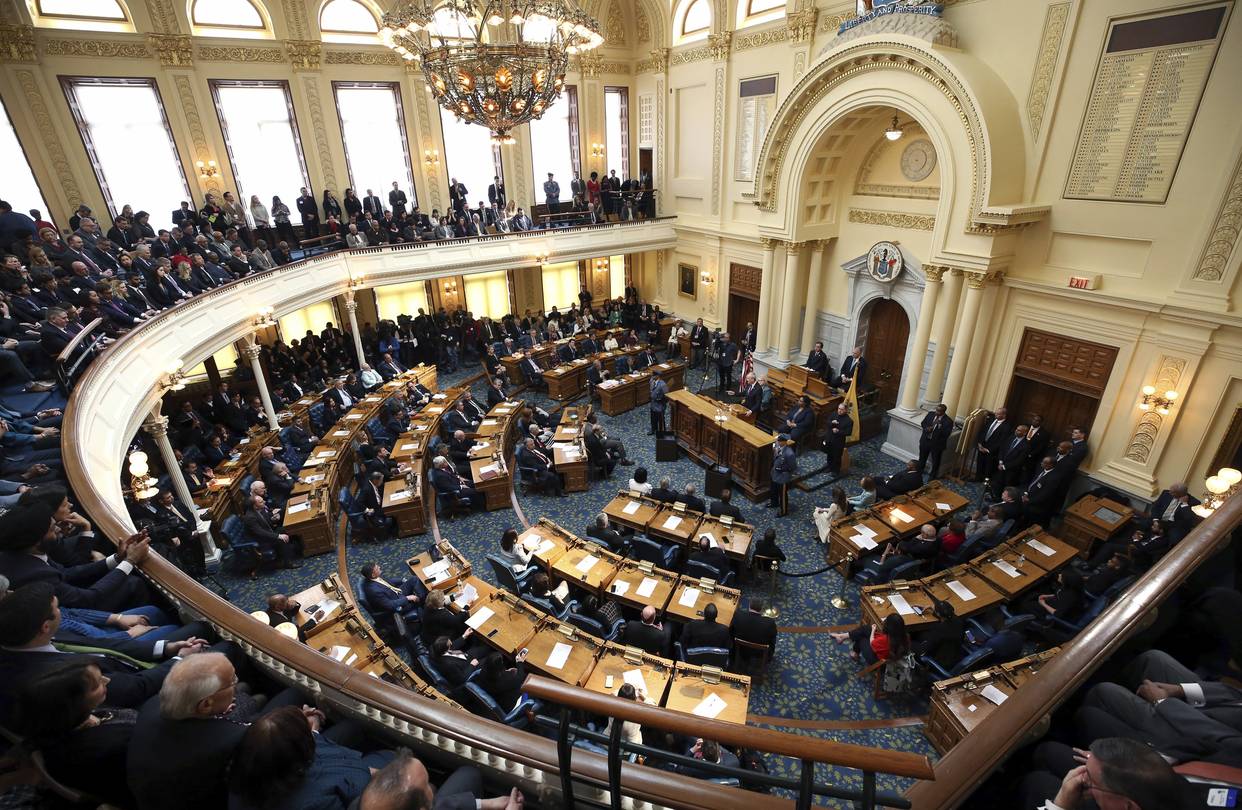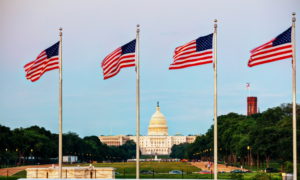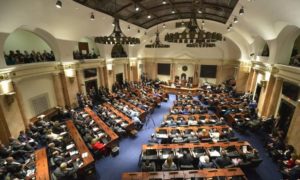New Jersey Postpones Legalization Vote

Lawmakers say they will schedule another vote this year
Leaders of the New Jersey State Legislature are putting off a vote on legal recreational cannabis. The bill was scheduled to be voted upon today by the New Jersey State Senate and Assembly. Had the bill passed, it would have made it legal for adults over the age of 21 to purchase an ounce of cannabis. A $42 state tax on every ounce of cannabis sold would have been collected with municipalities having the option to add an additional tax of up to 3 percent.
Governor Phil Murphy had expressed doubt over the weekend as to whether the bill had enough votes to pass. He had worked extremely hard to secure support, calling the impending vote a “now or never” scenario. But early this afternoon Stephen Sweeney (D-Gloucester), New Jersey’s top lawmaker, told NJ Advance Media: “While we are all disappointed that we did not secure enough votes to ensure legislative approval of the adult use cannabis bill today, we made substantial progress on a plan that would make significant changes in social policy.” He added that the “fight is not over.”
The bill is not dead yet. Lawmakers say they will schedule another vote this year, but no date has been selected.
Getting the present bill to this stage has been an arduous journey. Medical marijuana was legalized nearly a decade ago. On his final day in office in 2010, outgoing Governor Jon Corzine signed a medical marijuana bill into law though the bill had strict limitations. It permitted patients to use cannabis for severe conditions: cancer, glaucoma, HIV/AIDS, ALS, Crohn’s Disease and several others, as well those suffering from terminal illnesses. Patients were not allowed to grow; instead they were required to purchase their medicine at dispensaries licensed by the state.
The law did allow the New Jersey Health Department to add ailments. Unfortunately Governor Chris Christie, who succeeded Corzine, was and continues to be a firm opponent of cannabis use, medical or recreational. During his administration, he called medical cannabis “a front for legalization and, in Trumpian fashion, described advocates as “crazy liberals” who want to “poison our children.”
Under Christie, the registry for patients wasn’t even opened until 2012. He was vilified by activists and severely criticized in 2013 due to his inaction on a bill that sat on his desk for 50 days, a measure designed to allow access for minors to participate in the state’s medical marijuana program. Christie was also reluctant to add new ailments to the list of medically conditions that could be legally treated with cannabis.
In 2015, five years after New Jersey’s medical program got underway, only 5,540 patients had registered. Finally, in 2016, Christie did sign a measure that qualified PTSD as an eligible disorder. Two years later the Medicinal Marijuana Review Panel added migraines, Tourette syndrome, autism, Alzheimer’s disease and chronic pain issues. Several others were added as well, but asthma and chronic fatigue were rejected. By 2017, qualified patients had more than doubled. Still, with a population of nearly 9 million, the number of registered patients in New Jersey was considered extremely low compared with other medical marijuana states.
When Governor Murphy took over the statehouse in 2018, New Jerseyans breathed a sigh of relief. Although Christie’s popularity had once soared to 70 percent in the aftermath of Hurricane Sandy, other scandals like Bridgegate and his entitled style of governance—like sunning himself on the beach at the Governor’s summer mansion while state beaches were closed to residents due to a government shutdown—caused his approval ratings to plummet to the teens, making him the most unpopular governor in New Jersey history.
A recent poll indicates that approximately 60 percent of New Jersey state residents support legalization; in line with the latest poll numbers that indicate 62 percent of all Americans support legalization. When Murphy took over as Governor 2018, he was adamant about legalizing cannabis for adult, recreational use. It had been a major issue in his campaign for the statehouse.
In his budget address delivered on March 5, Murphy repeated his firm support: “This is the right step for eliminating decades-old and persistent racial and social inequities. But it is also our chance to create an entirely new state-based industry with the potential to create thousands of good-paying jobs, expand opportunities for minority business owners and jumpstart billions of dollars in new economic activity.”
For New Jersey and the nation, legalization seems inevitable.








































